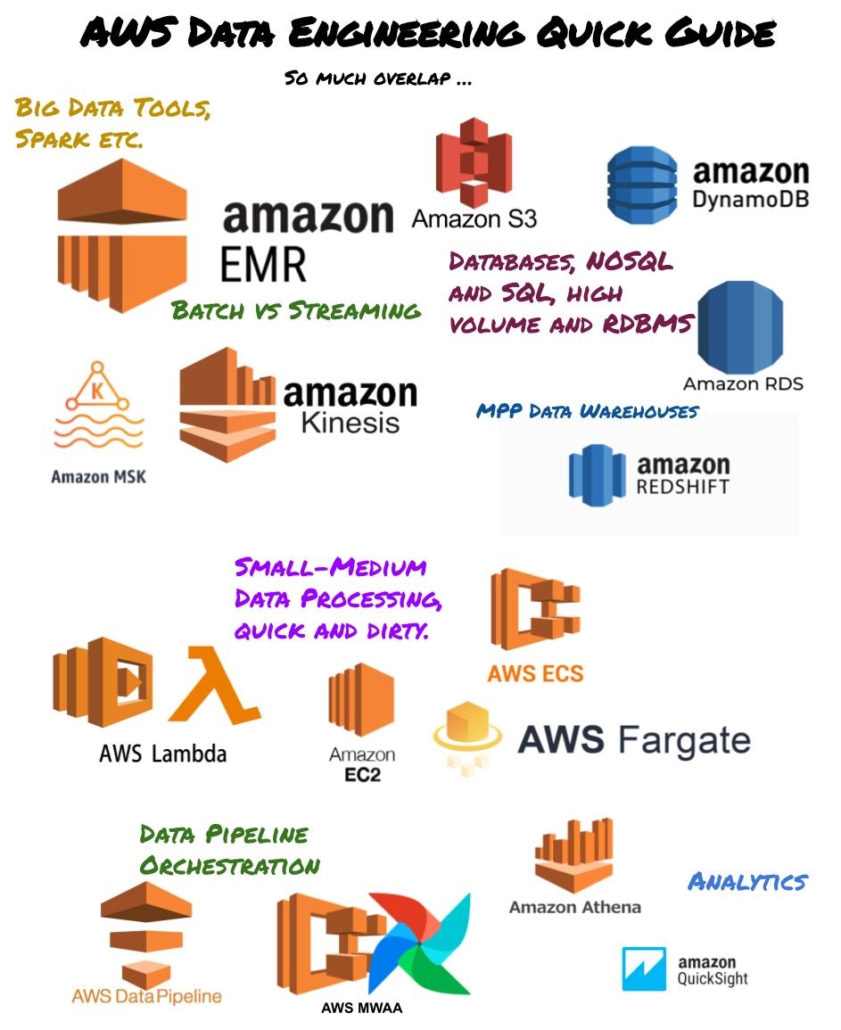
I’ve always enjoyed reading Mr. Augustine of Hippo, particularly “Confessions.” Ahead of his time in many ways. Although, you have to be into that sort of thing to find such topics interesting. It can be sort of dry, drawn out, verbose, and not for the faint of heart. Much like learning new programming languages. I’ve been messing with Golang off and on and here and there. Recently I added Rust to that list, more out of curiosity and to see what’s new in the world.
I’ve spent a lot of time thinking about the theology of programming in the space of Data Engineering. It’s such a wide area that encompasses so many different skills, Data Engineering that is. Why do we do what we do, write what we write? Like Augustine I see both old and new all around me, some things change, but many things stay the same.
People find hills like Python, Scala, Golang, Rust, and then promptly decide to die on them. I enjoy different things simply because of the way they teach you things about yourself and the world.









